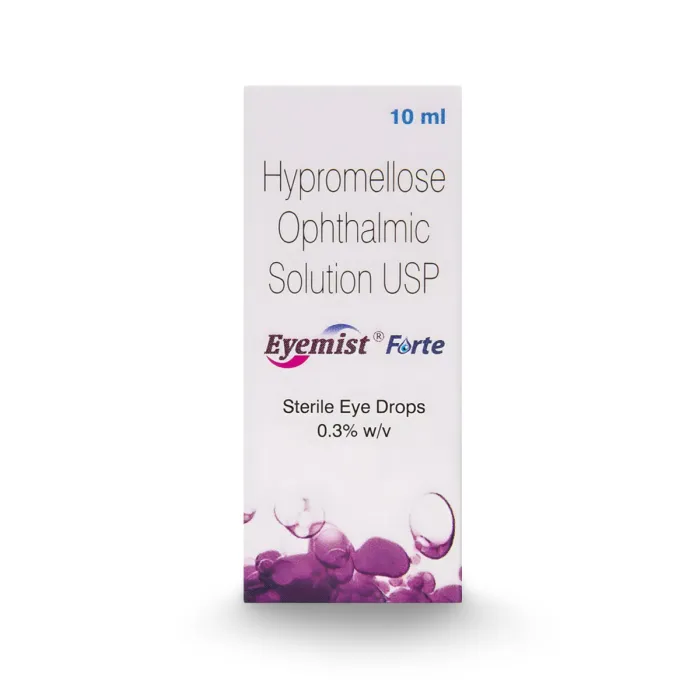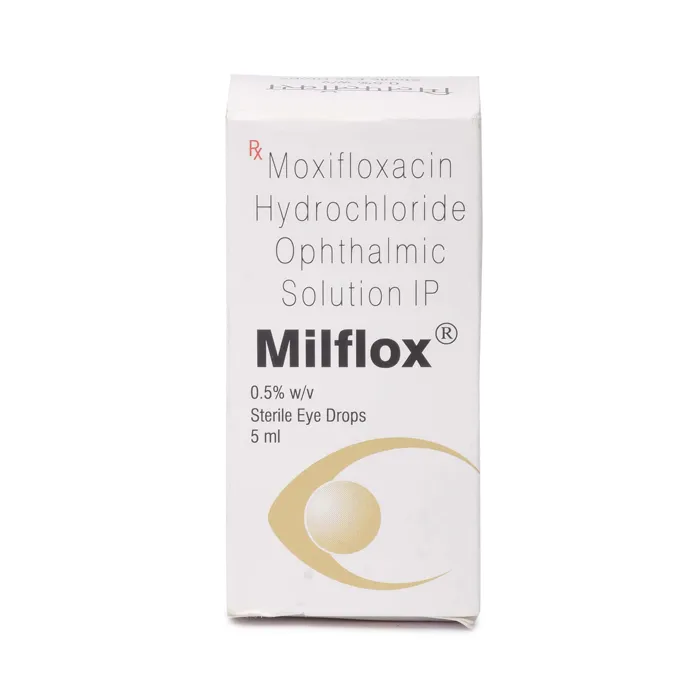We all experience watery eyes occasionally, as it is common to experience this eye condition.
However, several times, the watery eyes might be a symptom of underlying eye conditions such as Keratitis.
Therefore, it is important to know about the treatment for watery eyes.
Let us proceed with this article and understand the watery eyes treatment in detail.
What are Watery Eyes
Watery eyes, or, in medical terms, Epiphora, are caused when our eyes produce more tears than they can effectively drain.
Although tears are essential for maintaining the health and comfort of your eyes, an excessive flow can lead to discomfort and blurred vision.
Besides the excessive tear flow, other factors that might lead to watery eyes include tear duct obstruction, sinus infection, Conjunctivitis (pink eye), Blepharitis, Keratitis, dry eyes, allergies, and cold or flu.
Individuals below 12 months or above 60 years are mostly affected due to watery eyes.
People who have watery eyes might experience red eyes, blurred vision, sharp eye pain, and light sensitivity, along with teary eyes.
A licensed eye doctor can help treat and provide relief from watery eyes. Therefore, it is essential to make an appointment with an authorized ophthalmologist.
Save up to 90% on your medicine bills

Eyemist Forte 10 ml

Milflox 0.5% 5 ml

Restasis 0.05% Ophthalmic Emulsion

Pred Forte 10 ml
Effective Watery Eyes Treatment
 Source: RapidEye
Source: RapidEyeWatery eyes are treatable eye conditions. There are several effective eye conditions available that help provide relief from teary eyes.
For the mild causes of watery eyes, the doctor may advise monitoring the eyes because mild cases of watery eyes usually subside on their own.
However, if there’s no improvement in your eye condition or watery eyes, doctors will advise undergoing medical treatment.
The medical treatment for watery eyes depends on its cause.
If the watery eyes are caused by pink eye, doctors might prescribe antibiotics and antivirals, respectively, to treat bacterial pink eye and viral pink eye.
Similarly, if the causing factor is allergens, several allergic medicines, such as antihistamines and decongestants, might help manage watery eyes.
In the case of tear duct obstruction, doctors may recommend taking antibiotics to clear the blocked tear duct.
In serious cases, ophthalmologists might also advise undergoing surgery to clear the tear duct obstruction.
According to the clinical trials, injecting Botulinum Toxin may help to treat Epiphora by relaxing the muscles that close the tear ducts.
Therefore, it is essential to contact doctors to manage your watery eyes.
Are There Any Home Remedies for Watery Eyes
 Source: Devonyu
Source: DevonyuYes, there are a few home remedies to manage your watery eyes.
Home remedies might be effective in treating a few cases of teary eyes.
Let us look at a few effective home remedies.
- Take a break from reading, watching TV, or using the computer
- Lubricate the eyes frequently with eye drops
- Put a warm, damp cloth over the affected eye or eyes and massage the eyelid to clear out any blockages
- Use a clean eye wipe to clean any dust and dirt from the eyes
Although these remedies might effectively manage teary eyes, it would be best to consult an eye care professional before undertaking these remedies.
Key Notes
Watery eyes, or Epiphora, are common and may indicate the presence of underlying eye issues.
Therefore, prompt medical attention is crucial, as delayed treatment could lead to severe complications, including blindness.
The watery eyes treatment varies by cause, ranging from antibiotics for infections to allergy medications.
Home remedies like eye drops and warm compresses can offer relief, but it’s vital to consult a healthcare professional before trying them.
Timely care is essential to maintain eye health and prevent worsening conditions.

Frequently Asked Questions
How do I get my eyes to stop watering?
To stop your watering eyes, it is essential to identify and address the underlying cause. If the cause of watery eyes is allergies, use antihistamines to ease the symptoms.
Similarly, if the cause is dry eyes, use artificial tears to provide relief. Consult a doctor for information regarding watery eye treatment.
What is the best medicine for watery eyes?
The best medicine for watery eyes depends on the cause. Antihistamines may help with allergy-related watery eyes, and artificial tears are effective for dry eyes induced watery eyes.
Consult an eye doctor for a specific diagnosis and the most appropriate treatment.
What is a natural remedy for watery eyes?
There are few natural remedies for watery eyes. Frequent breaks from watching TV or reading books, proper lubrication of the eyes, and using a clean cloth to wipe dirt from the eyes are some common natural remedies for watery eyes.
How do you stop watery eyes at night?
There are several ways to stop watery eyes at night. Consider using a humidifier, avoiding allergens in the bedroom, and cleaning your eyelids before bed.
However, If the issue persists, consult an eye specialist for prescribed medicines to relieve watery eyes.
Can allergies cause watery eyes?
Yes, allergies can cause watery eyes. Allergens like pollen, dust, or pet dander can irritate the eyes, leading to increased tear production and watery eyes as a response.
Cheap Medicine Shop only refers to credible, authoritative sources for our content. If you’re curious about how we ensure the integrity of our content, we encourage you to read our Content Information Policy.














